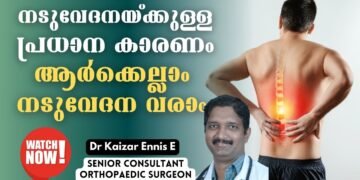A medical checkup aimed at preventing a heart attack typically involves assessing your cardiovascular health and identifying potential risk factors. Here are some common components of a preventive heart health checkup:
- Medical History: Your doctor will review your medical history, including any previous heart-related issues, family history of heart disease, lifestyle habits, and current medications.
- Physical Examination: A comprehensive physical examination will be conducted to evaluate your overall health, including checking your blood pressure, heart rate, weight, and body mass index (BMI).
- Blood Tests: Blood tests may be performed to measure various parameters, including cholesterol levels (total cholesterol, HDL, LDL), triglycerides, fasting blood sugar (glucose), and other markers of inflammation and cardiac health.
- Electrocardiogram (ECG): An ECG records the electrical activity of your heart and can help detect irregularities in the heart’s rhythm (arrhythmias), abnormalities in the heart’s structure, or signs of a previous heart attack.
- Stress Test: A stress test, also known as an exercise treadmill test, measures how your heart responds to physical activity. It involves walking on a treadmill or riding a stationary bicycle while your heart rate, blood pressure, and ECG are monitored.
- Echocardiogram: An echocardiogram uses ultrasound to create images of your heart’s structure and assess its pumping function. It can detect abnormalities in the heart valves, muscles, and chambers.
- Cardiac CT Scan or Coronary Angiogram: In some cases, your doctor may recommend advanced imaging tests to visualize the coronary arteries and assess their condition. These tests are particularly useful in identifying blockages or narrowing that could lead to a heart attack.
- Lifestyle Assessment: Your doctor will discuss your lifestyle choices, including diet, exercise habits, smoking, and alcohol consumption. They will provide guidance on making healthier choices to reduce your risk of heart disease.
- Risk Factor Evaluation: Your doctor will assess various risk factors associated with heart disease, such as high blood pressure, high cholesterol, diabetes, obesity, smoking, and family history. They may use established risk assessment tools to estimate your overall cardiovascular risk.
Based on the results of these tests and assessments, your doctor will provide personalized recommendations for preventing heart attacks. These may include lifestyle modifications (diet and exercise), medications (if necessary), and regular monitoring to address any underlying risk factors and promote heart health. Remember to consult with a healthcare professional for specific advice tailored to your individual needs and circumstances.
Dr Sagy Kuruttukulam.
D-Consult cardiology clinic ,
Kadavanthara, Jawahar Nagar, Ernakulam







































Discussion about this post